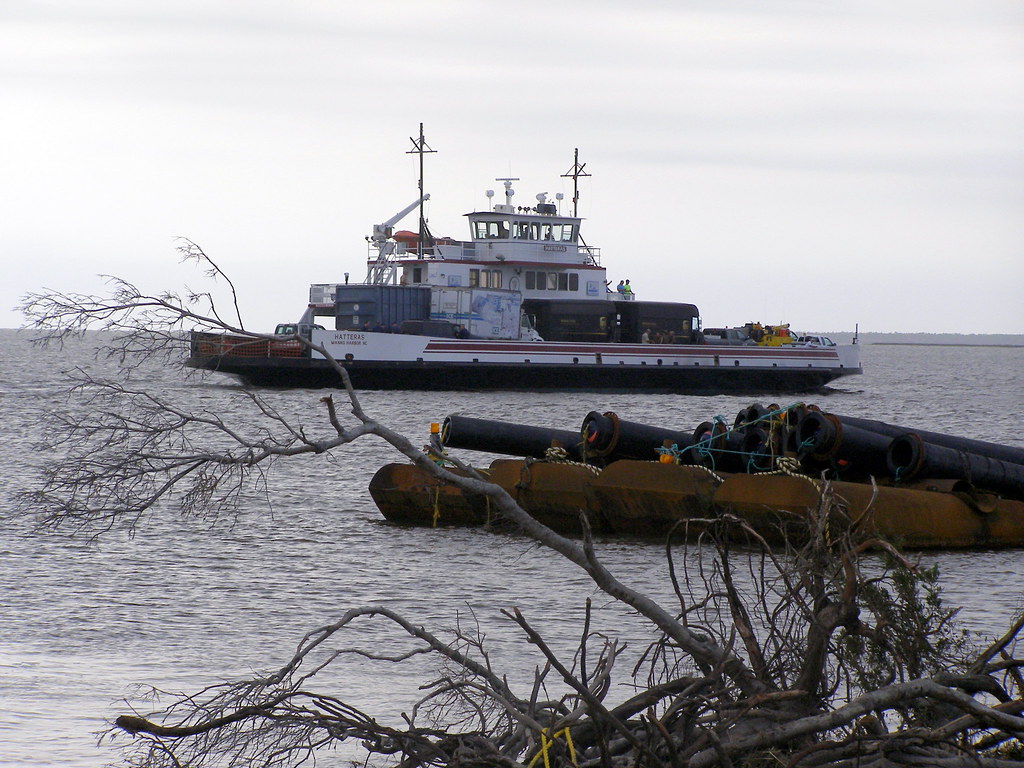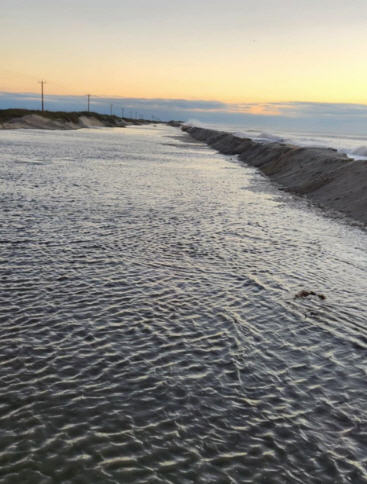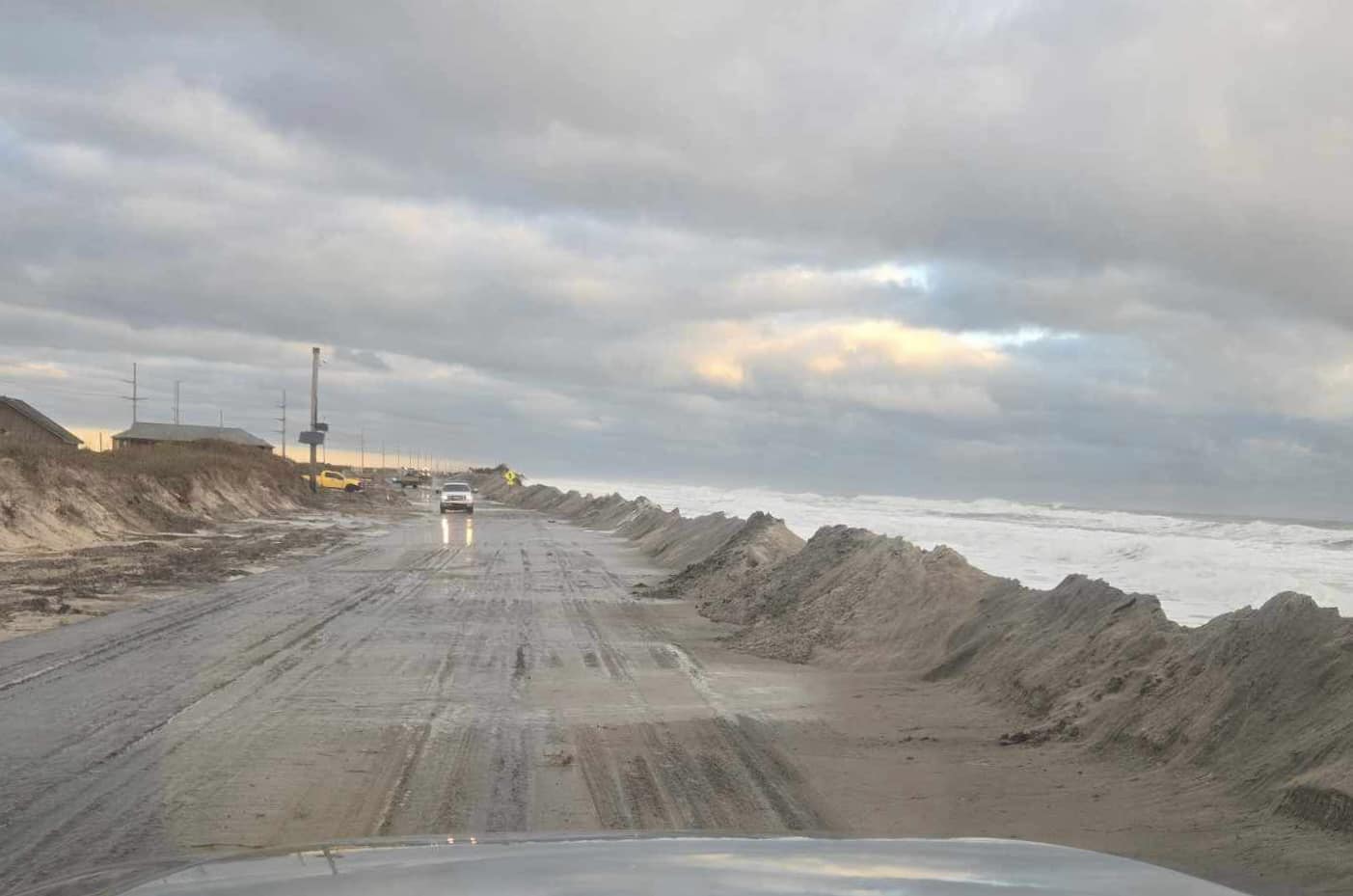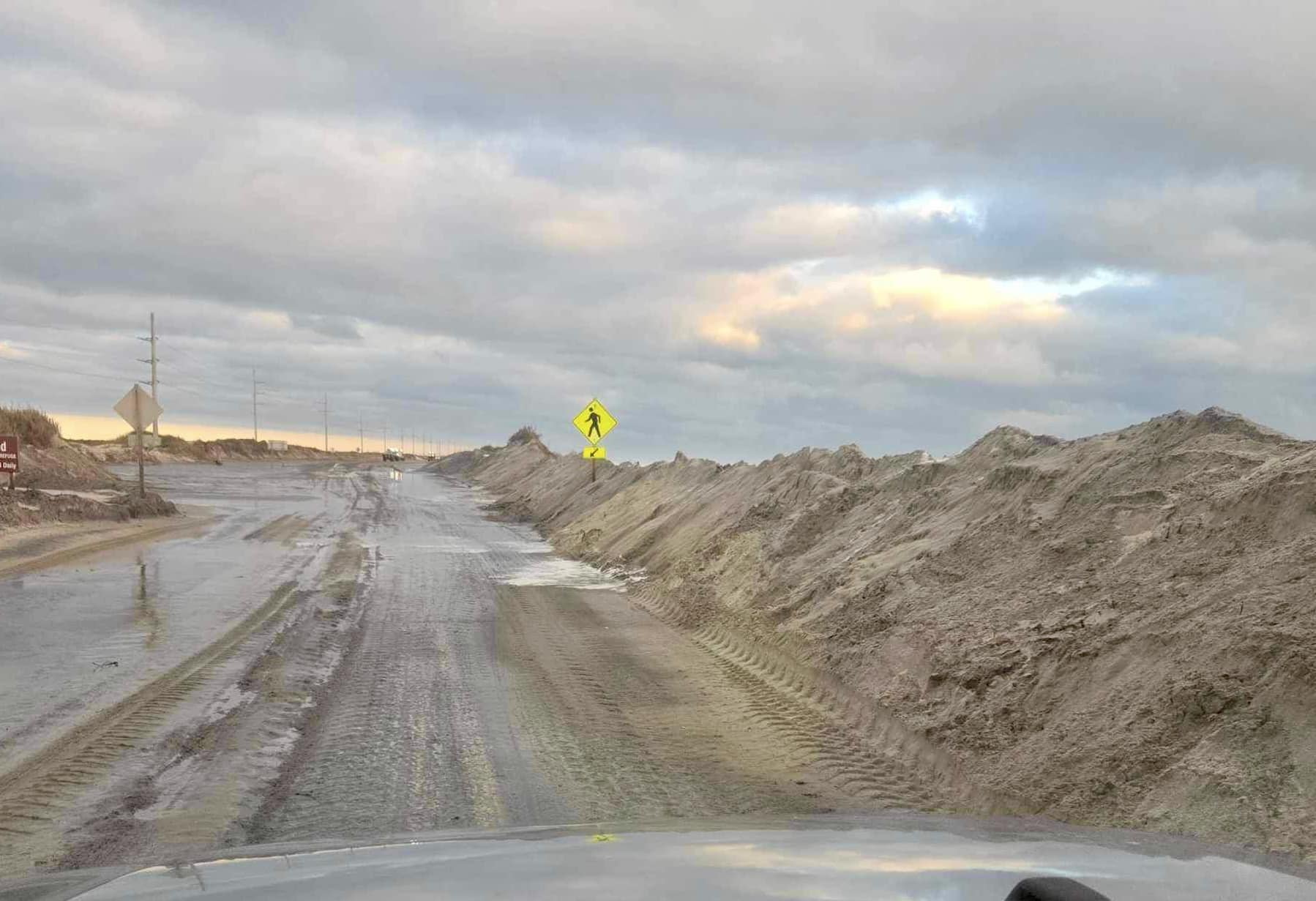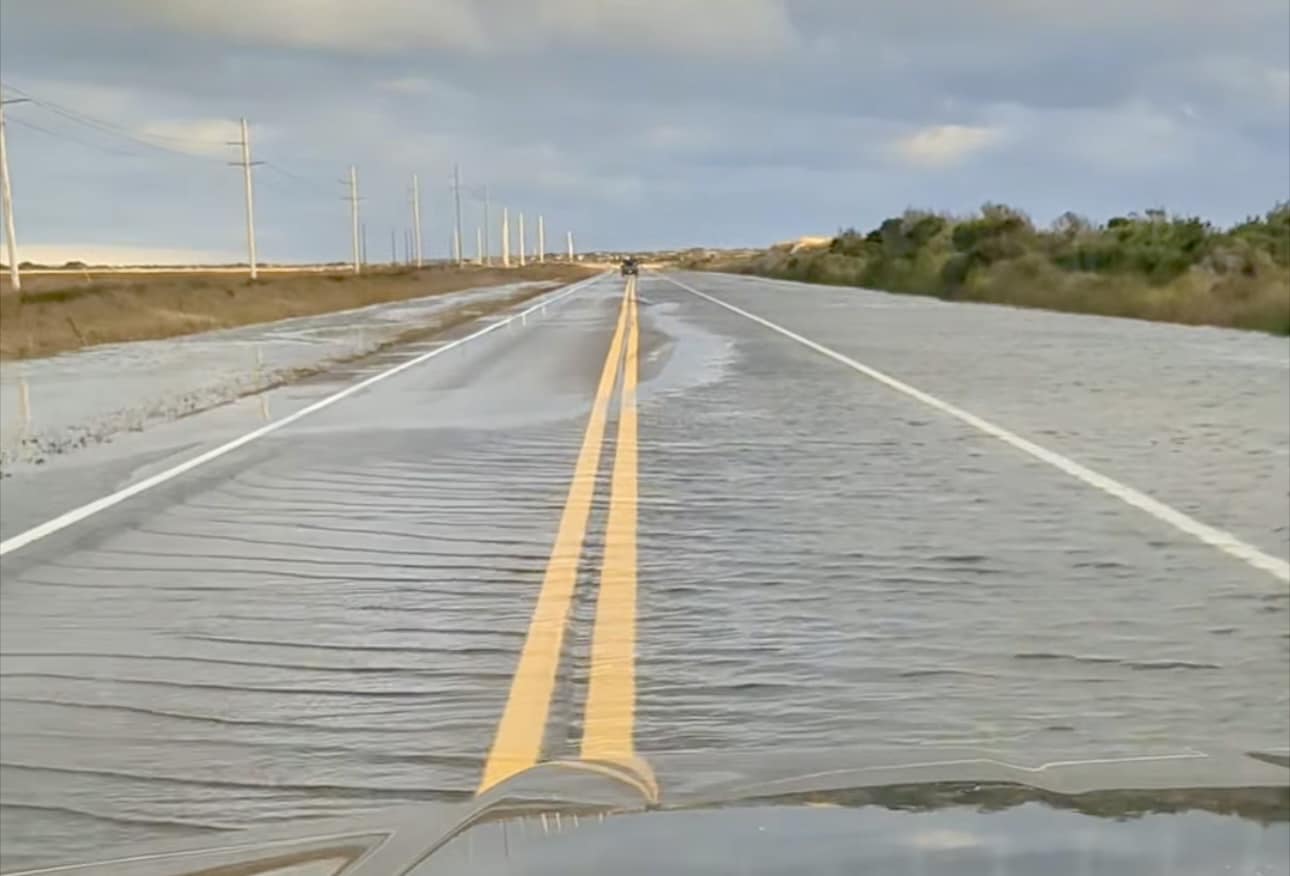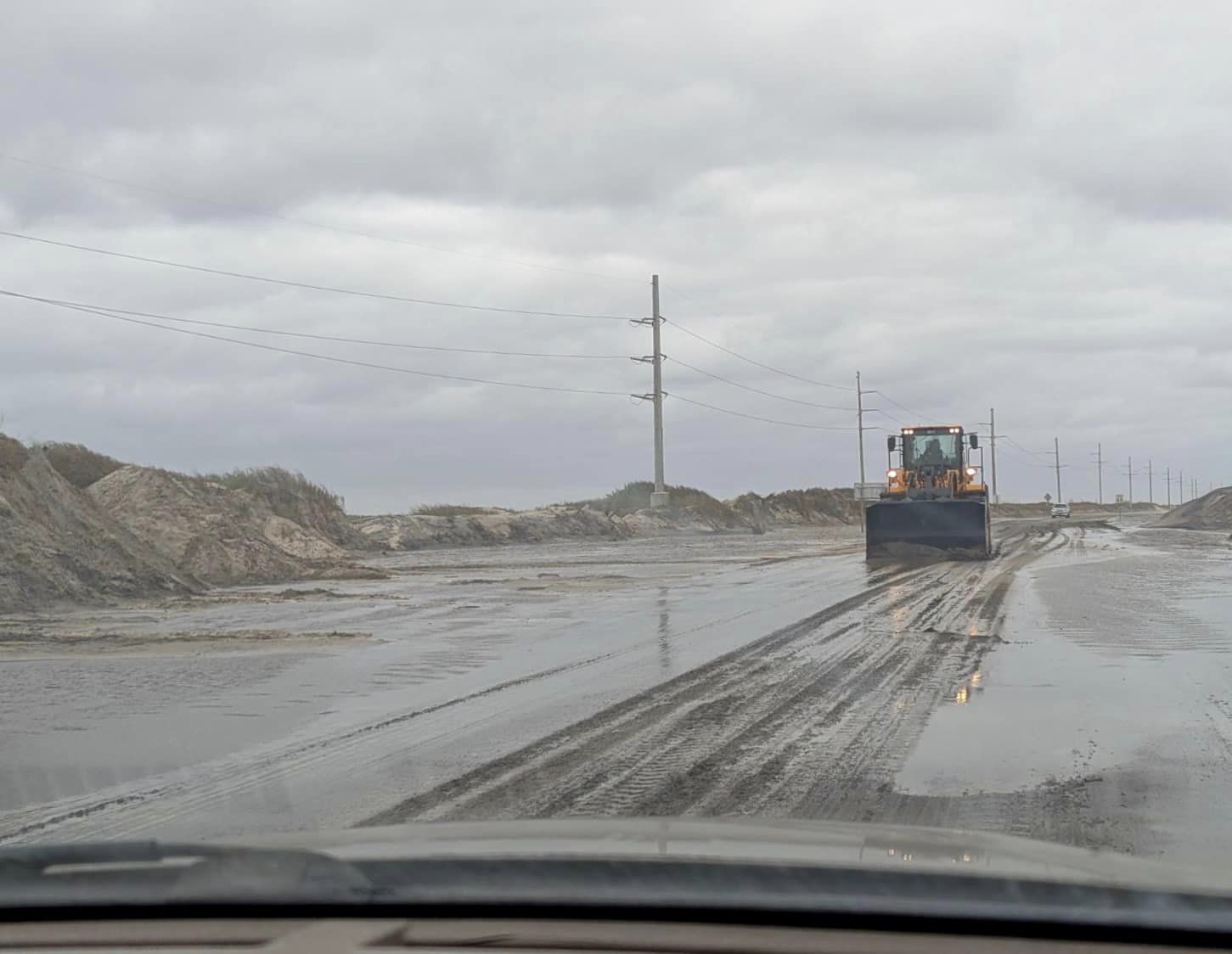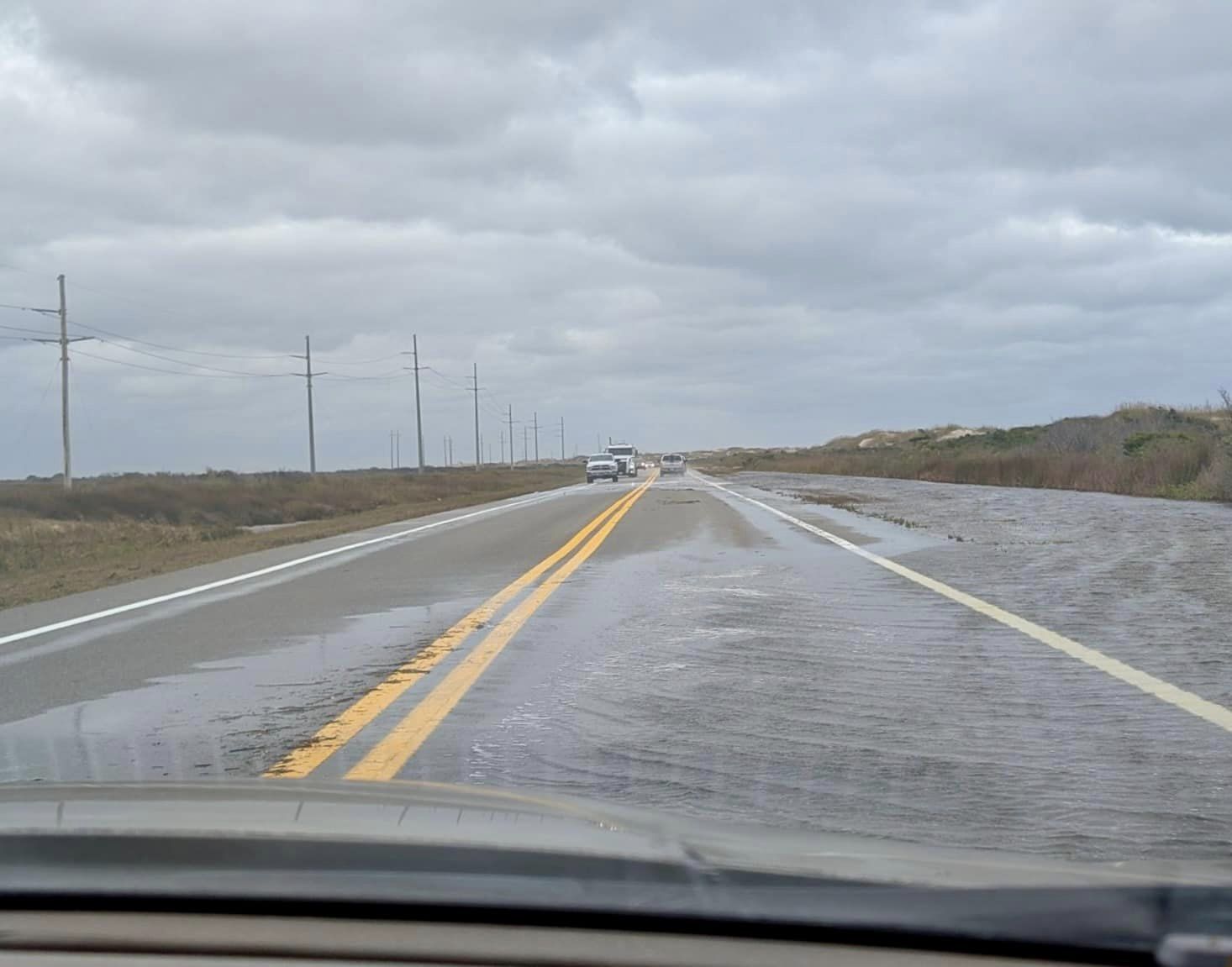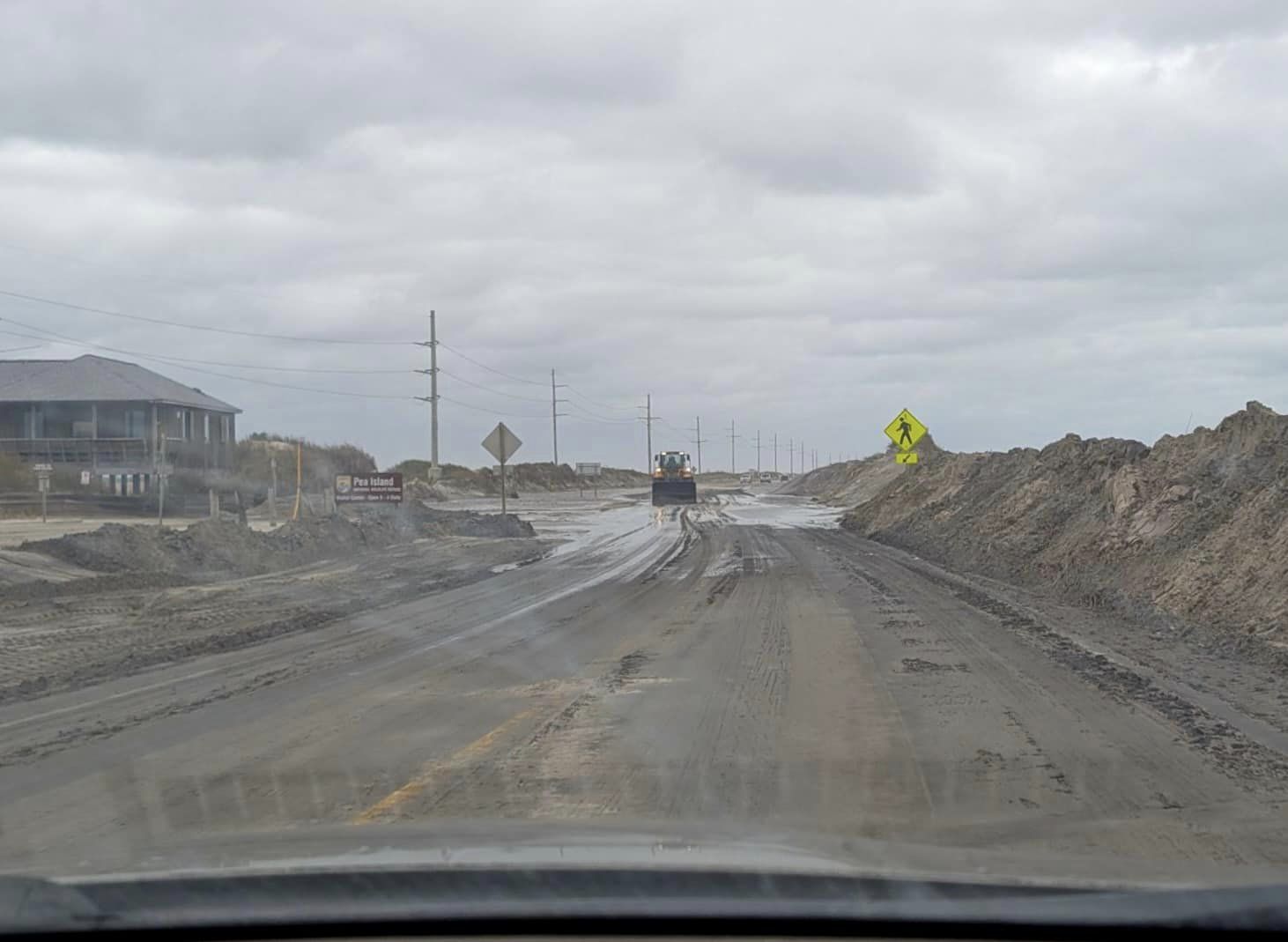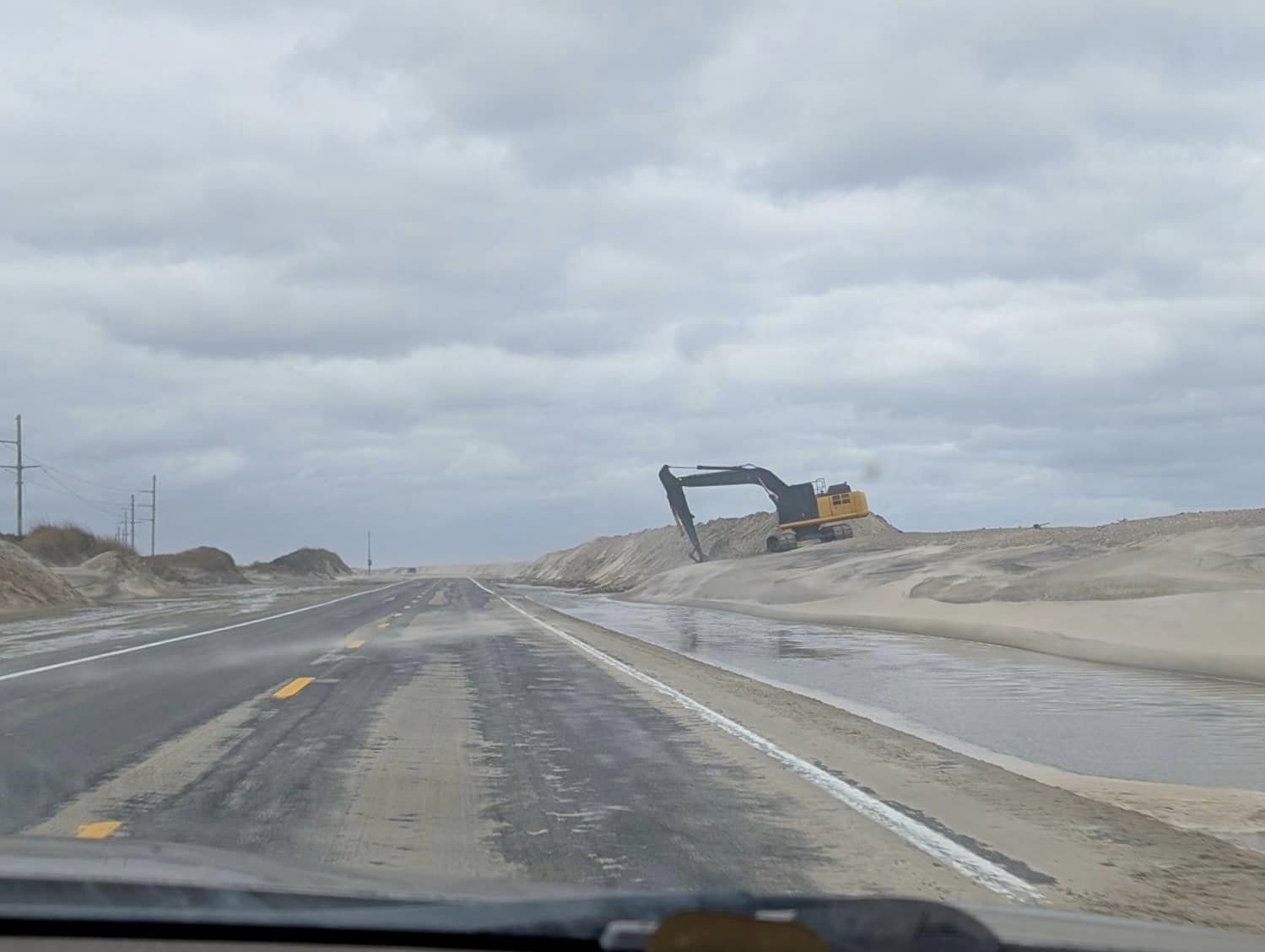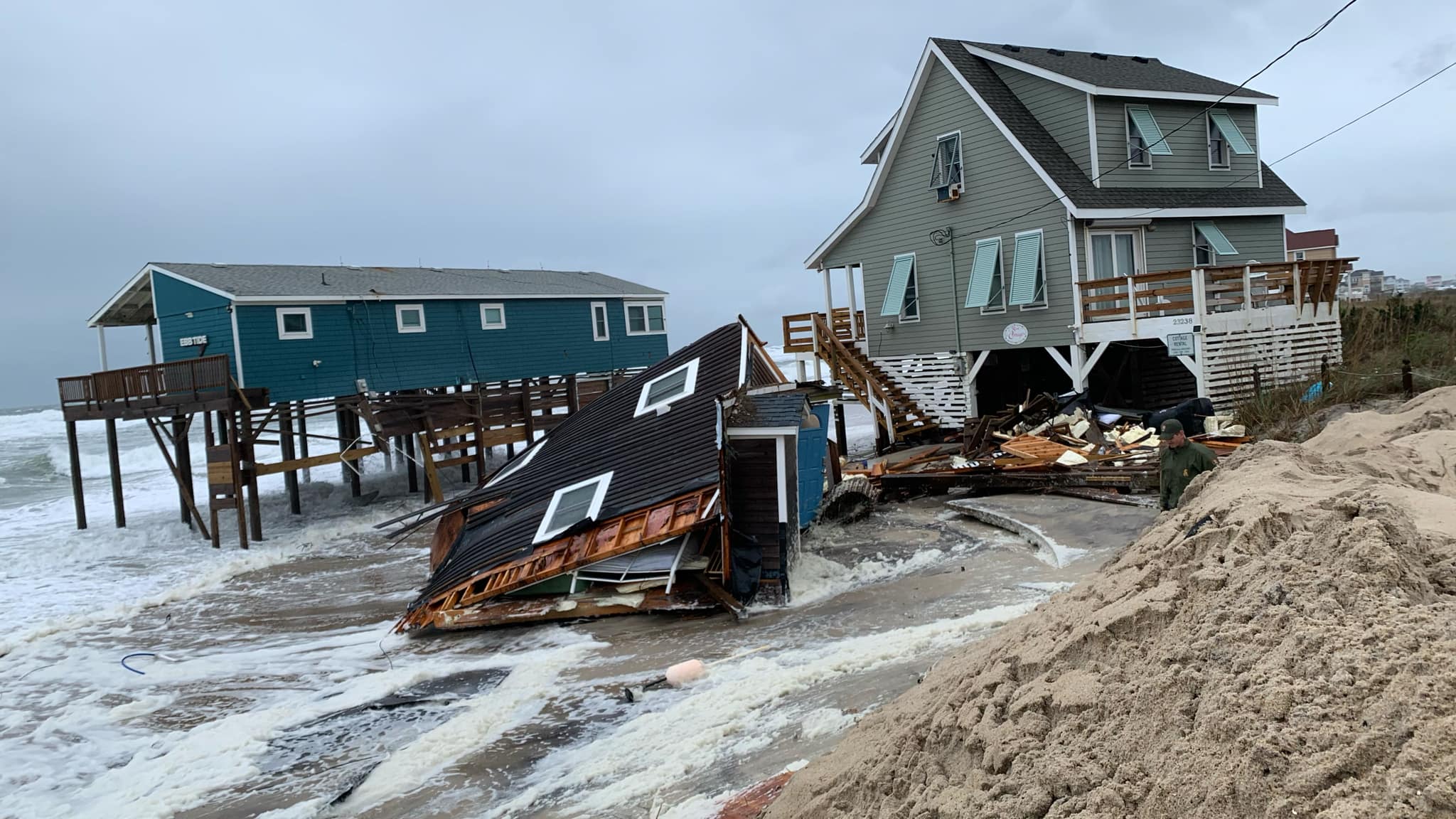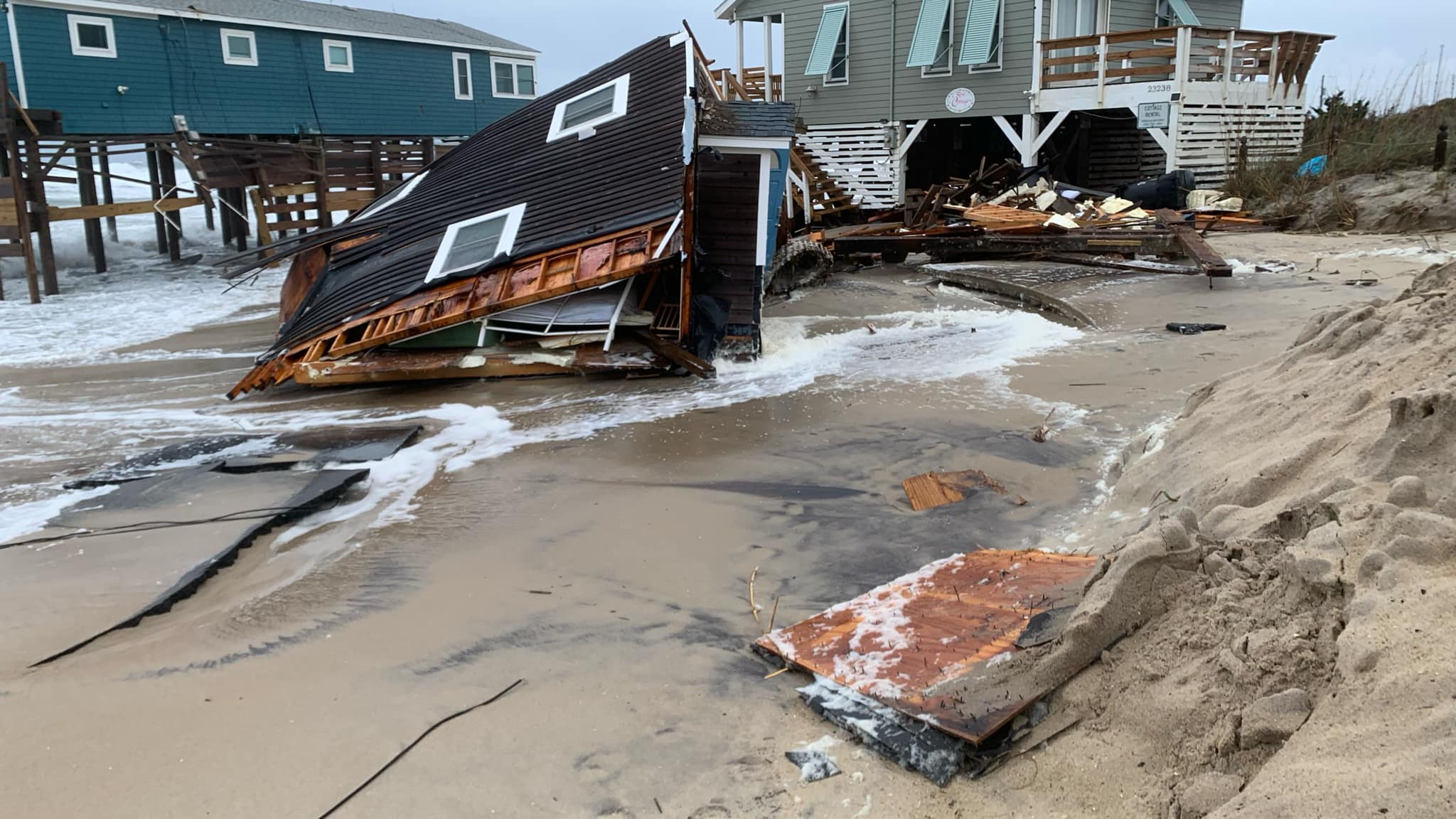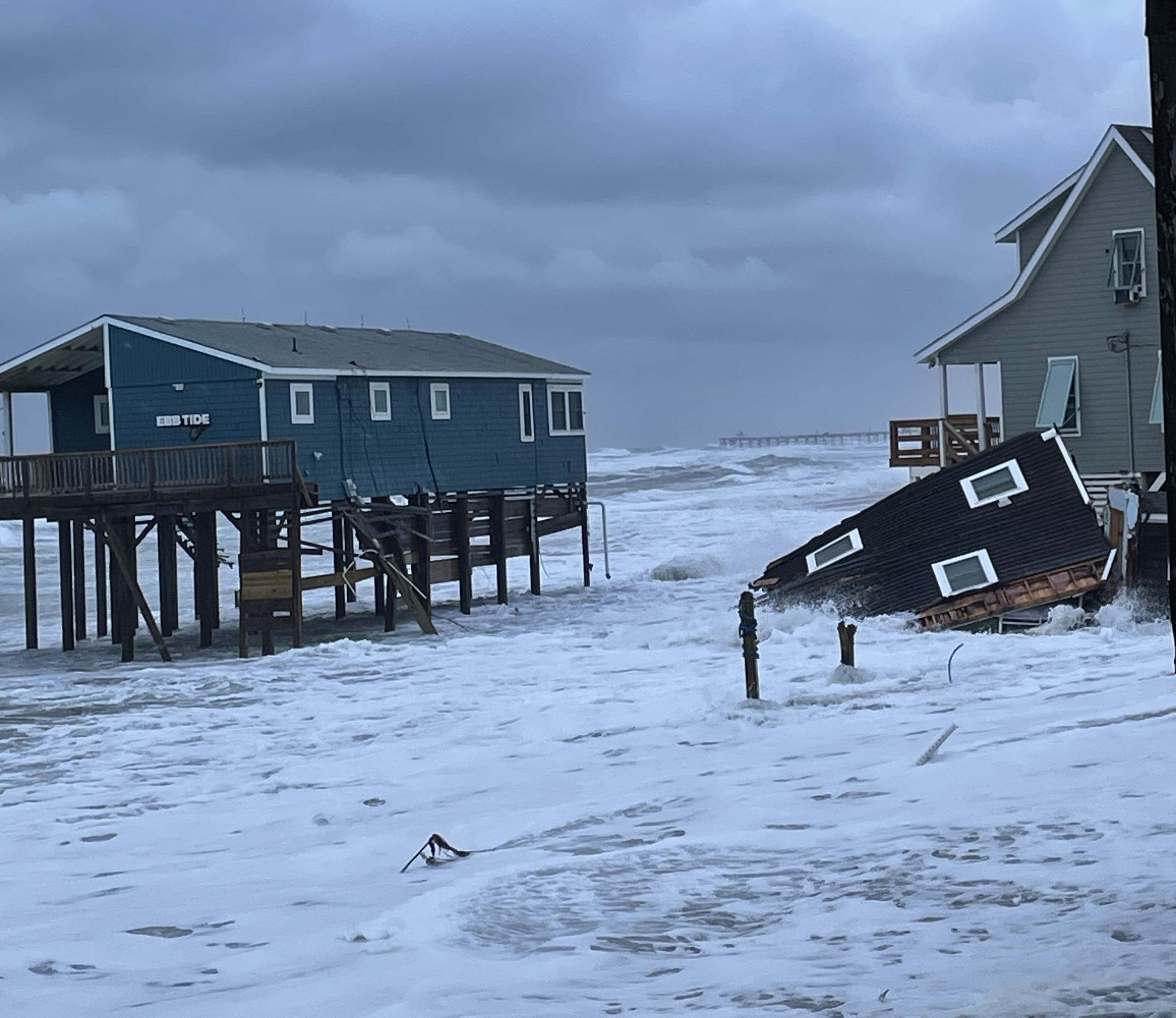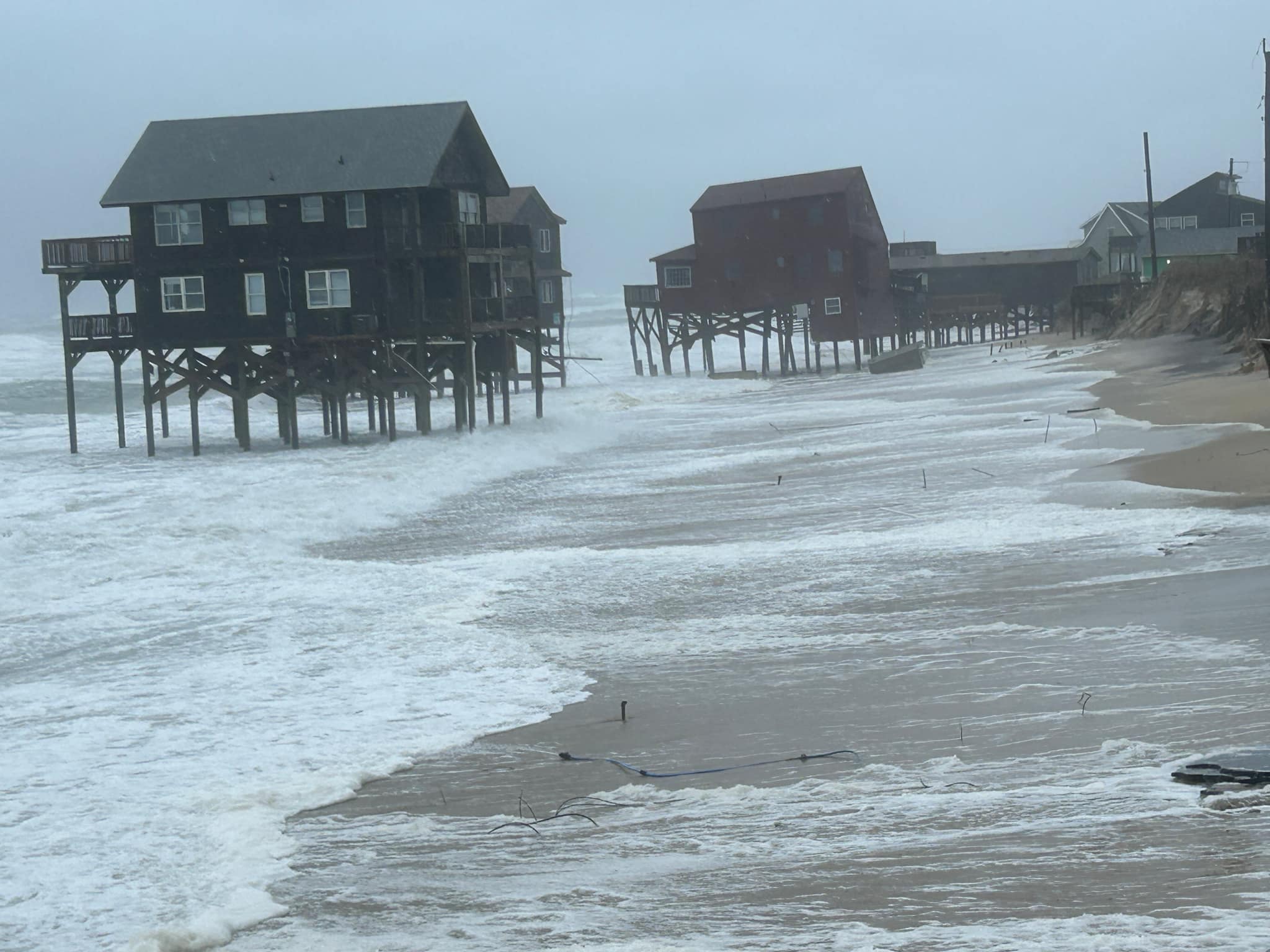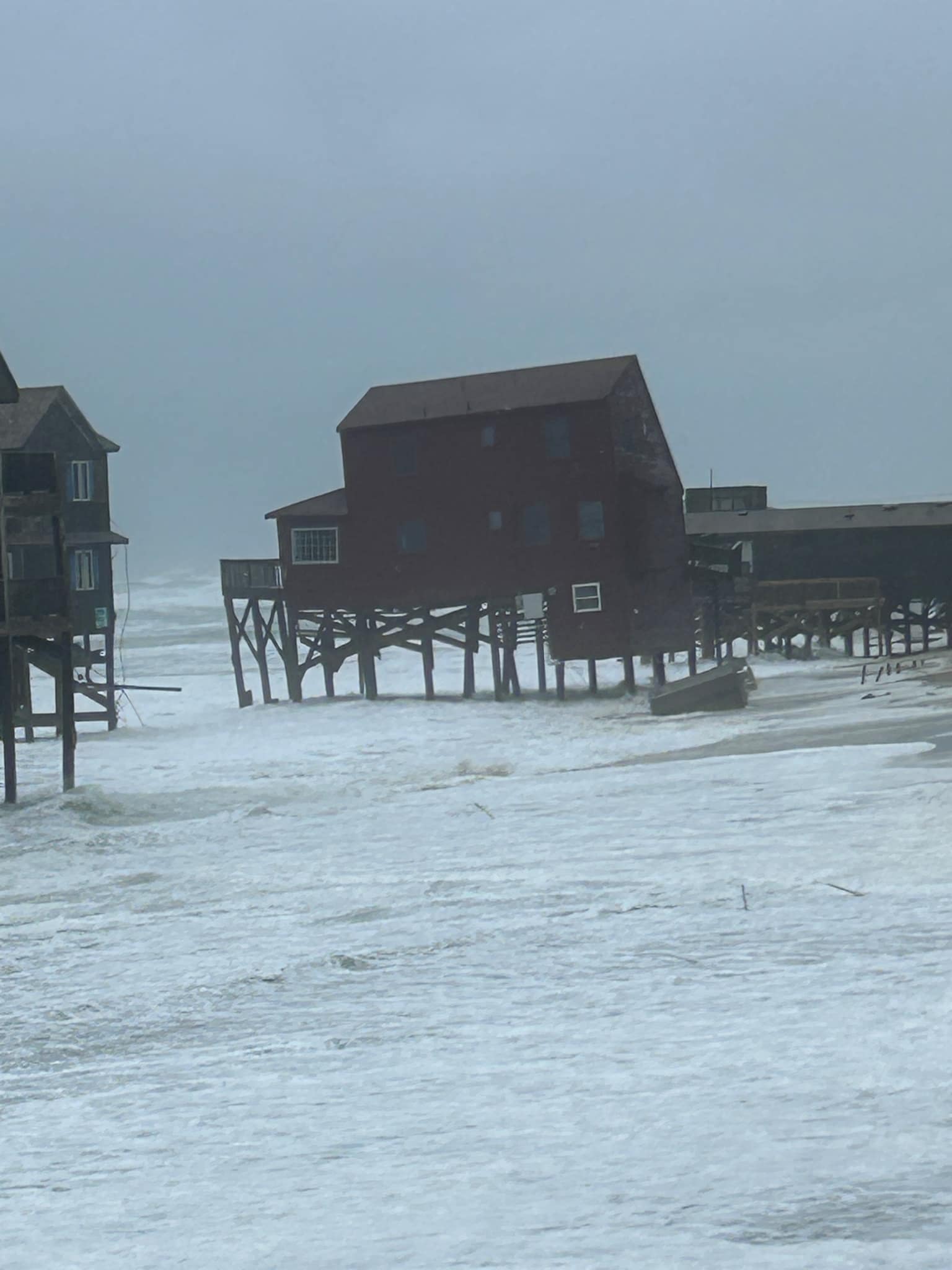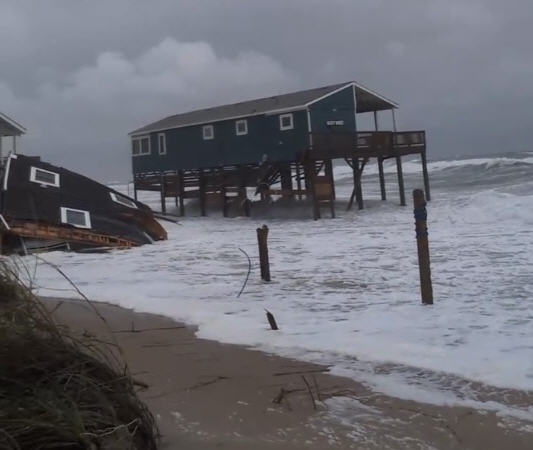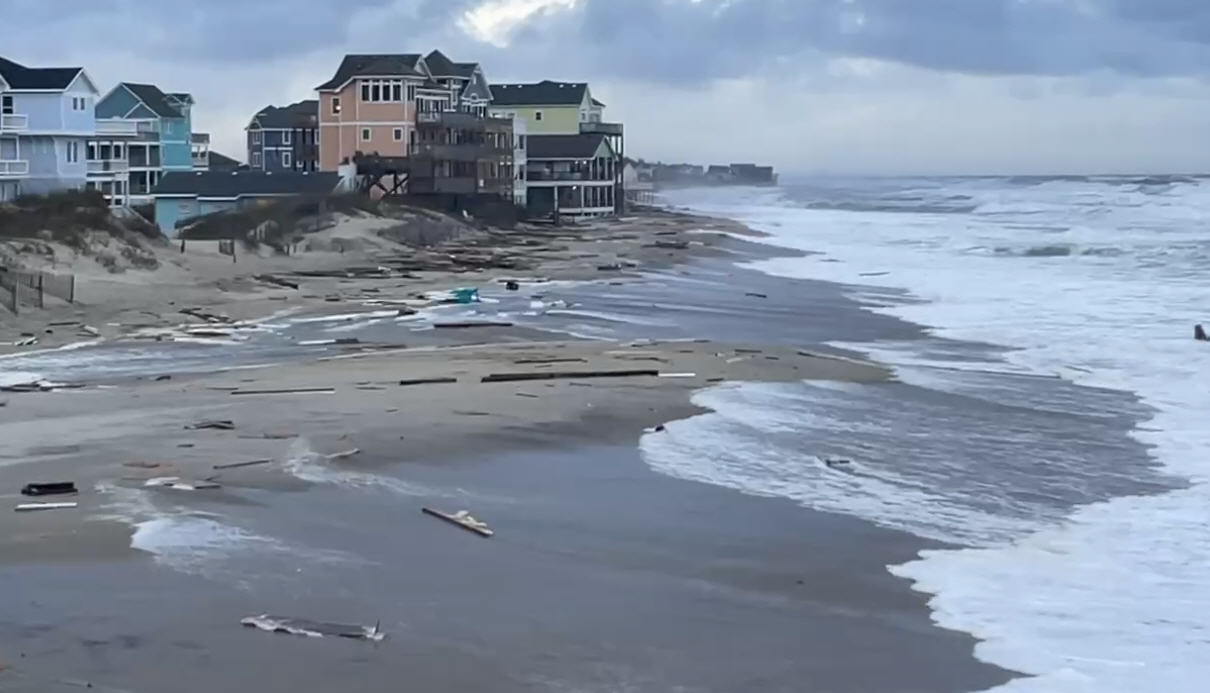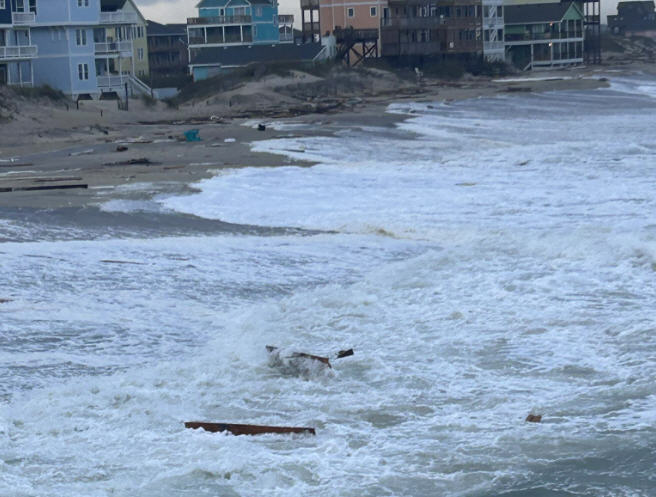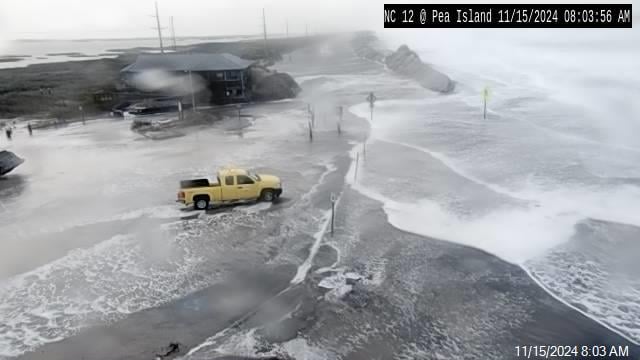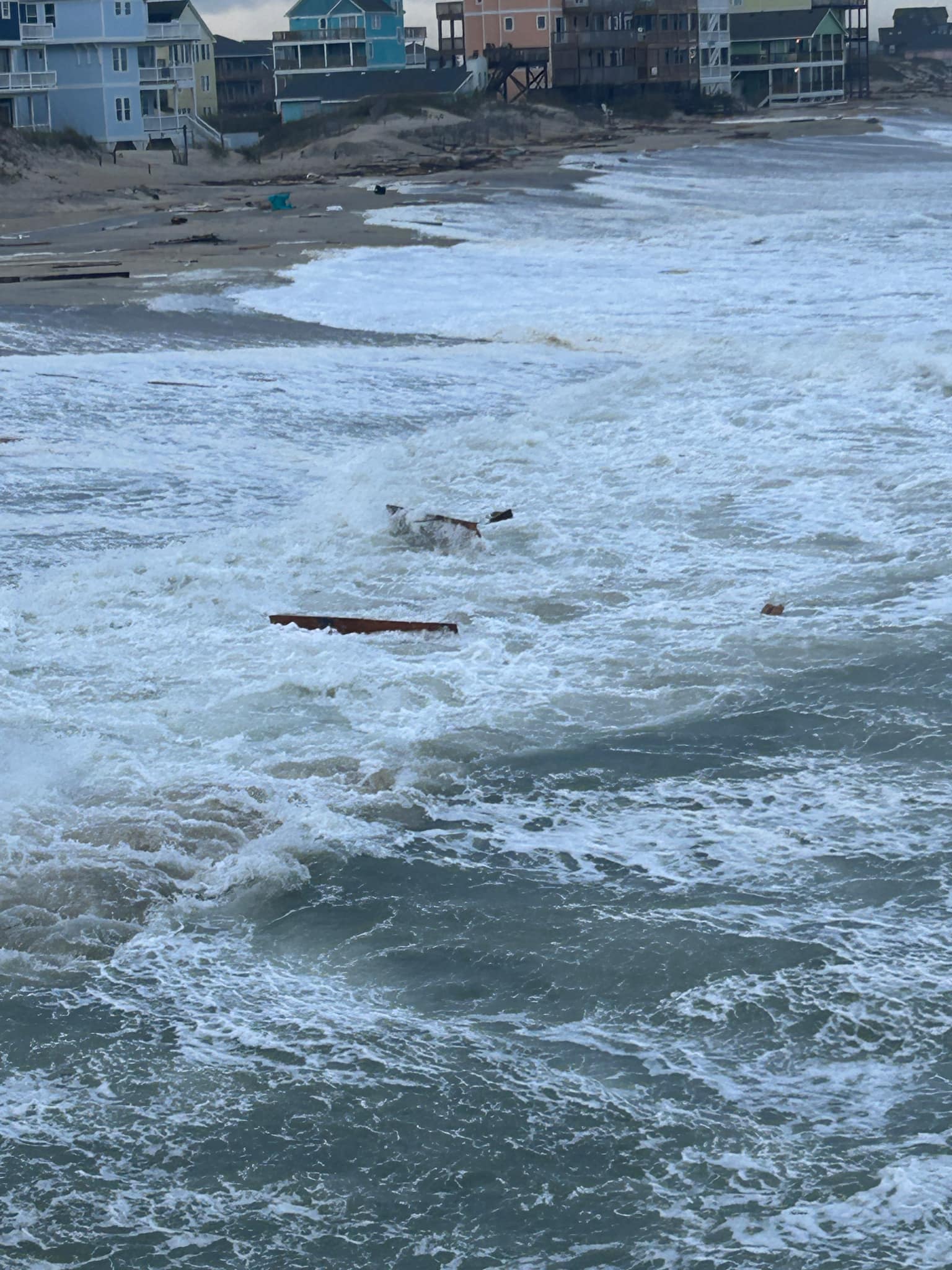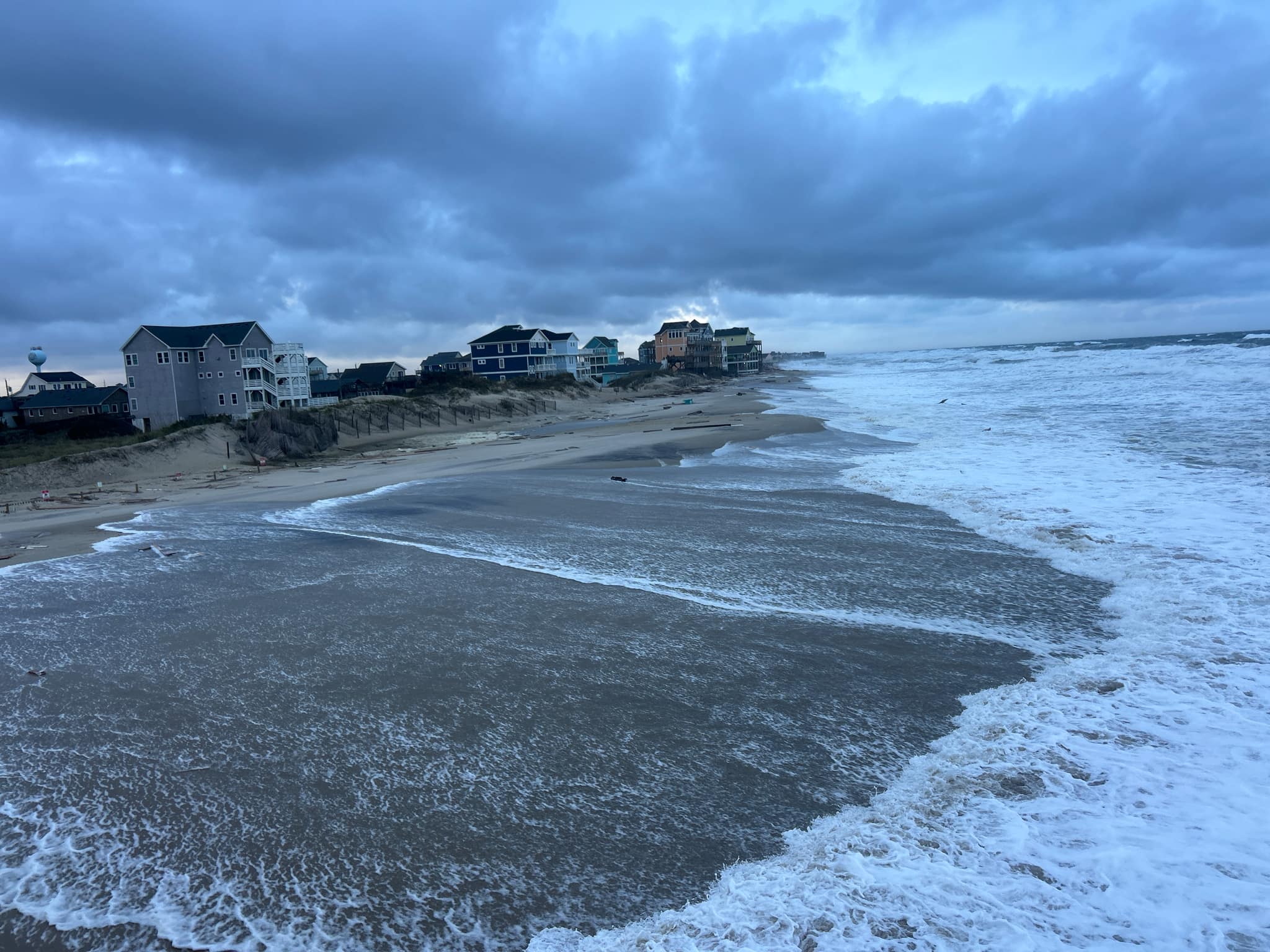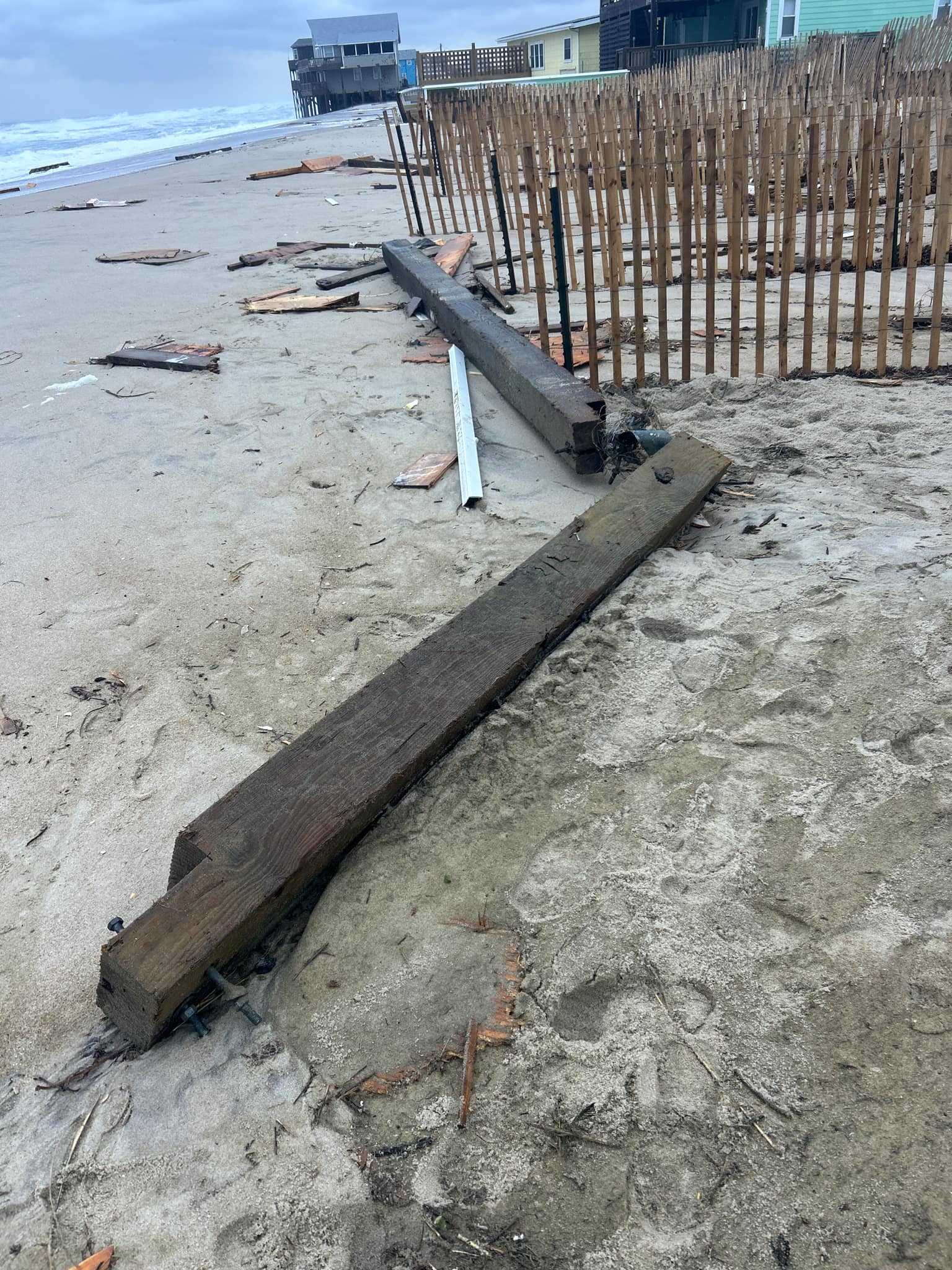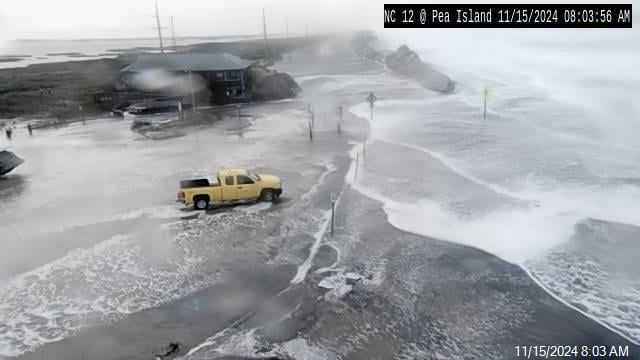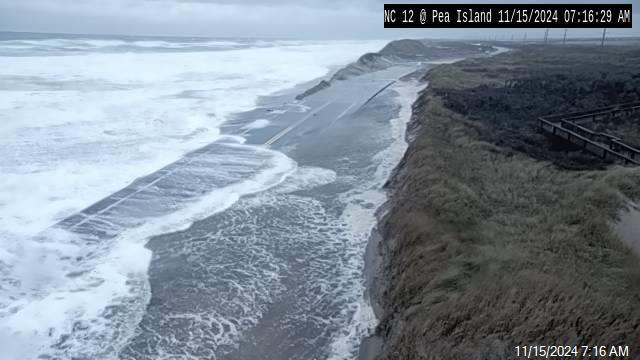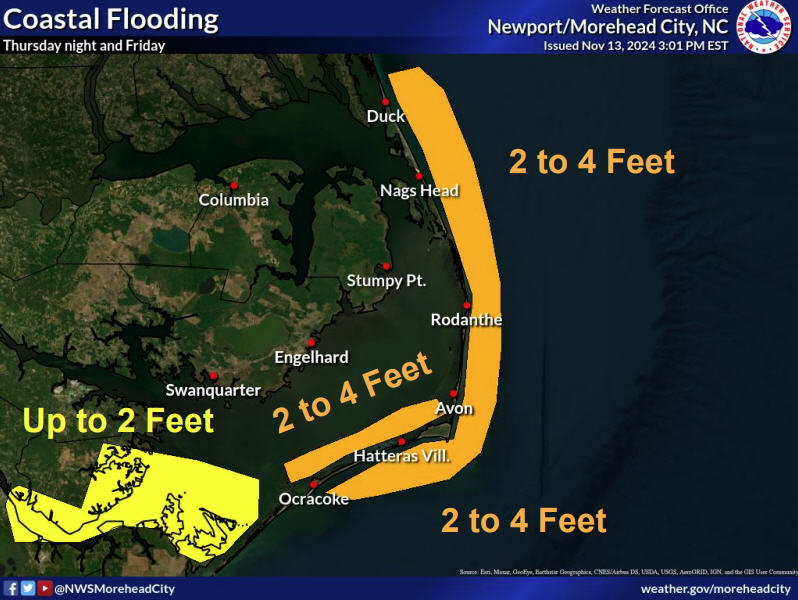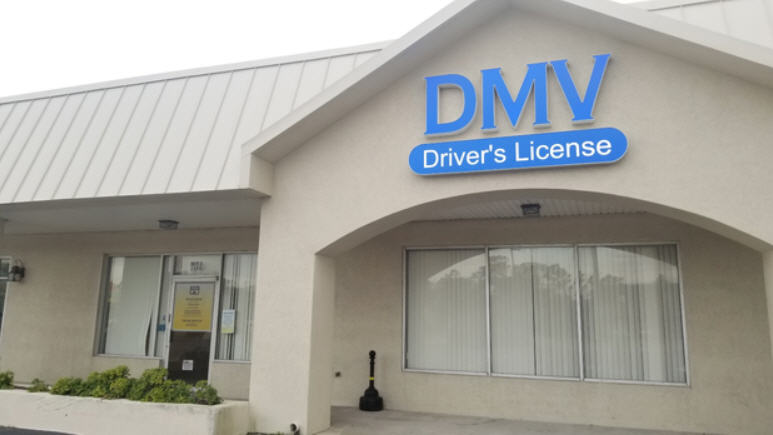Island People: Mauro Ibarra was the first Mexican to call Ocracoke home
Comatitlan is a small rural village far south of the United States border. Close to Mexico City, in the state of Hidalgo, it is surrounded by mountains, and near it flows a river where groves of orange trees, mangos, bananas, avocados, lemons, and pecans grow. It is an idyllic place where little, privately owned farms produce crops of corn and green beans. Twenty years ago there were no roads and no electricity. Children helped in the fields and spent their spare time swimming in the river.
It was from this village, in the year 1987, that a 15-year-old Mexican youth named Mauro Ibarra set out to seek his fortune.
With seven children, his father had not been able to make enough money to support his family, so he applied for legal status and found a job at a cable company in Houston, Tex., sending money back home to Mexico. Mauro had visions of joining him. Slipping away during school break and telling no one, he made his way to Jacala and took a bus to the border town of Laredo.
Mauro had not planned to go to the United States when he left home. He was bored with going to school, and just wanted to find a job. But when he got to Laredo, he ran into a friend who knew all the ropes for getting across the border and to the big city of Houston.
The two boys, both strong swimmers, slipped into the dark waters of the river that marked the border, the Rio Grande, and swam across. Then, staying out of sight, they found a freight train headed for San Antonio, climbed into one of the empty cars, and were on their way. Mauro had no money with him, but his friend did, so when they got to San Antonio they took a taxi to Houston.
Mauro’s father was not happy when his son showed up. He tried to talk him into going back home and finishing school, but since Mauro was adamant about staying, he allowed Mauro to move in with him and helped him find a job.
While he was in Houston, Mauro met a young Mexican woman by the name of Sofia Ramirez. Sofia had grown up in a village not far from Comatitlan and was related to friends of Mauro. She had a job in Houston looking after children.
Mauro did not like living in a city, however, so before long he moved to Newport, Tenn., where he got a farm job picking tomatoes, tobacco, and melons.
“I liked it” he recalls. “It felt like home.”
Two years later, still illegal, he moved to Lake Wales, Fla., to pick oranges, and he sent for Sofia to join him. He bought a car, although he had no insurance or driver’s license.
“Nobody asked us back then,” he says. From Florida, the couple moved to Georgia to plant onions — “hard work, which I did not like,” says Mauro — but because they had no papers, they had to leave.
A friend of Sofia’s invited them to go to work on a farm near Washington, N.C. Soon after they arrived, in the spring of 1992, the friend made them a different offer — an offer that changed their lives.
“He come out to the house where we stay and say, ‘I got better job. Can you cook, work in restaurant?’ ‘No, I say, but I can try.’ I had no legal papers, and did not speak any English.”
The friend, who had a side job counterfeiting papers for illegal Mexicans, made Sofia and Mauro fake green cards and Social Security cards and sent them to the Silver Lake Motel on Ocracoke Island. There Mauro went to work cooking at the Jolly Roger Restaurant, which was owned by the Silver Lake, and Sofia began cleaning rooms in the motel.
They worked long hours, seven days a week, in exchange for room and board and a wage of $6 per hour. There were no other Mexicans at Ocracoke at that time, and they still spoke no English. They got help from an Ocracoker, Richard O’Neal, who spoke a little Spanish, and they began learning the language.
“We loved working for the Wrobleskis. They helped us with our son, Mitchell (born in 1993), and kept him in the office while we worked,” Mauro said.
Eventually, however, the Silver Lake Motel had financial trouble, and there was no money to pay Mauro and Sofia. Regretfully, they looked for other work, and Mauro worked several jobs at Ocracoke.
In the winter of 1996, he and his family returned to Houston to be with their family. While there Mauro got a job in a diaper factory.
“I worked with nice people, six of us, my job was to catch the diapers, put them in packages, and seal them. We were a good team-they didn’t want me to leave.”
Sofia and Mauro wanted to return to Ocracoke, however, so they did so, going to work for the Eshams at the Pony Island Motel. They liked the work they did there, but having worked so many hours for the Wrobleskis, 40 hours a week felt like part time to Mauro. He wanted a second job, so he talked to Tommy Hucherson at the Variety Store about stocking drinks and other goods. In addition he cut grass on his day off.
“I more happy,” said Mauro. “I felt like I was doing good, filling my time.”
He got legitimate papers — first an employment card and then permanent resident papers. In May of 2006, he passed the test to become a citizen of the United States and attended a ceremony in Charlotte.
“It took me fourteen years to be citizen. I had to study hard, and have a good record and not get into trouble. Ocracoke is good place. It’s easier to get in trouble in cities. I am proud to be an American citizen. I fly the American flag on my truck for holidays.”
In the meantime, more of Mauro and Sofia’s friends and family had come to North Carolina. In December of 2006, there was a terrible accident, in which the driver of a van carrying Mexican immigrants from “Little Washington” to Mexico fell asleep at the wheel. Fourteen of the 17 passengers were killed, including several of the couple’s family and friends.
Mauro and Sofia flew to Mississippi to identify the bodies, and then took them back to Mexico City. It was the first time they had returned to their homeland and, recalled Mauro, and it was hard to leave.
“I grew up happy there. We lived in a small wooden house, and we used candles for light. We had cows, pigs, chickens, turkey, a burro to carry stuff. It’s very different now. There is a road, cars, a clinic, tractors, and my father built a bigger house.”
Today Mauro works full time for Ocracoke’s Variety Store where, as assistant manager, he does some of everything. He stocks shelves, orders stock, cuts meat, works the register, and does office work, computers, “everything from bottom to top.”
Sofia is a stay-at-home Mom, with two more young sons. They live in a three-bedroom house behind the store, where Sofia makes such traditional foods as mole, caldo de res, and gelatina for Mauro and herself.
“We like hot!” he adds, “but the children don’t.”
Sofia cooks macaroni and cheese and other American foods for them. They celebrate American holidays and occasionally attend the United Methodist Church. They have a number of friends and family living at Ocracoke now who hail from Mauro’s home village or nearby. Their oldest son, now 17, is planning to go to East Carolina University and hopes to become a doctor.
“Ocracoke feels like home,” says Mauro, “and our children like being here. They don’t want to go back to Mexico, but someday I want to move back to Comatitlan. I love it there — the mountains and trees and farm. Sofia wants to build a motel there, but we are happy here for now.”




